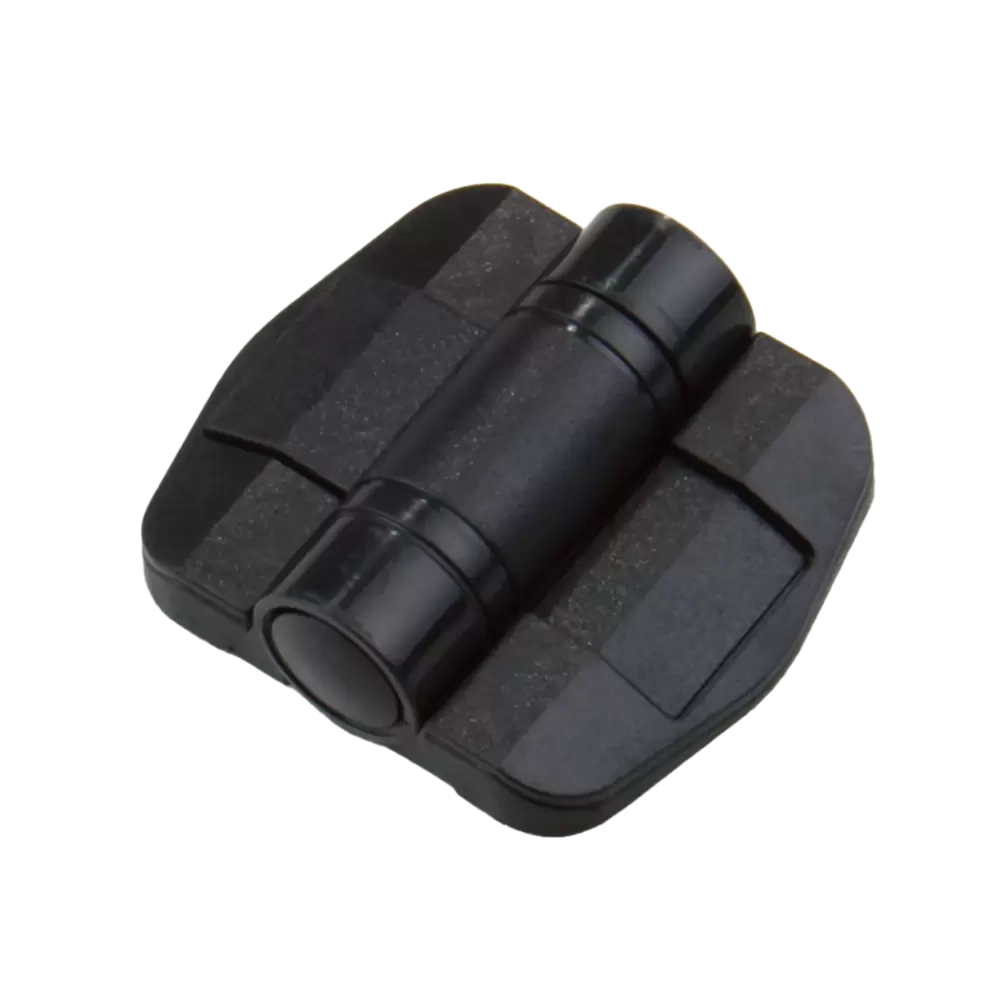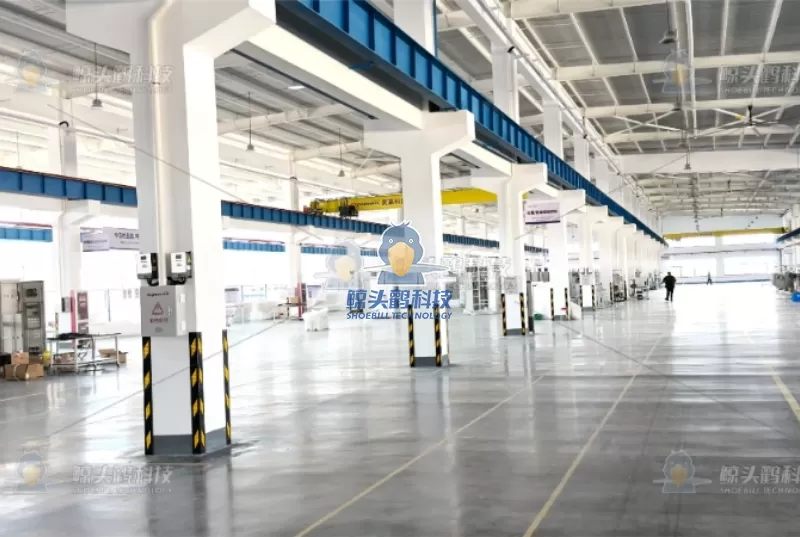Industrial lock control systems are vital for ensuring safety, protecting equipment, and maintaining operational efficiency. Torque hinges have emerged as a key component in these systems, enabling precise control of motion and stability. Their unique ability to hold positions without external support makes them indispensable across various industrial applications.

Why Torque Hinges Are Critical for Industrial Lock Control
Maintaining Stability in Harsh Environments
Industrial environments are often characterized by extreme conditions such as high temperatures, vibrations, moisture, and exposure to corrosive substances. Torque hinges are specifically designed to operate reliably under such conditions. Their materials offer resistance to wear, corrosion, and environmental degradation, ensuring long-lasting performance. By maintaining the precise positioning of panels or doors, torque hinges minimize the risk of damage and improve the overall reliability of industrial systems. Moreover, their ability to hold doors or covers in a fixed position allows for safer operation in environments where stability is crucial, such as factories with heavy machinery or laboratories with sensitive instruments.
Enhancing Operator Safety and Efficiency
Safety is a fundamental concern in any industrial setting, and torque hinges contribute significantly to minimizing risks. Traditional hinges can result in sudden closures of panels or doors, posing a danger to operators and equipment. Torque hinges eliminate this hazard by enabling controlled, stable motion and ensuring that panels stay securely in place. For example, electrical control panels often require maintenance or adjustments by technicians. Torque hinges allow these panels to remain open at a desired angle, providing hands-free access and preventing accidental closures. This not only enhances safety but also improves operational efficiency by enabling technicians to focus on their tasks without worrying about physical support for the panel. Similarly, in heavy machinery applications, torque hinges reduce strain during maintenance by providing smooth motion control and maintaining stability, thus reducing workplace injuries and equipment damage.
Customization for Specialized Applications
One of the standout features of torque hinges is their adaptability. They can be customized to meet specific industrial requirements, such as torque resistance levels, material types, and mounting configurations. This flexibility allows manufacturers to design lock control systems that address unique operational challenges. For instance, lightweight access panels may require minimal resistance, while heavy equipment doors need high-torque hinges to ensure stability. Additionally, different industries may demand materials that withstand specific environmental factors. For example, aerospace applications may require lightweight yet durable materials, whereas chemical plants need hinges with high resistance to corrosive substances. This ability to tailor torque hinges to specific needs makes them indispensable in diverse industries, including automotive manufacturing, medical devices, and renewable energy.
Key Contributions of Torque Hinges to Industrial Lock Control
Precision Motion Control
Torque hinges enable industrial lock systems to achieve precise motion control, allowing doors, panels, and enclosures to open and close with smooth, controlled movements. This precise operation reduces wear and tear on components and ensures consistent performance over time. For example, in industrial automation systems, where multiple access points need to function reliably, torque hinges allow operators to control the opening angles of doors and panels, preventing excessive movement that could cause damage. This precision also supports compliance with safety standards, ensuring that equipment operates within defined parameters.
Load Stability
In industrial settings, many components must handle significant loads without compromising functionality. Torque hinges are designed to distribute weight evenly, reducing strain on the hinge and surrounding components. This load stability ensures that systems remain durable and functional even under heavy usage. For instance, manufacturing plants often require torque hinges for large machinery covers or access panels. These hinges provide the necessary strength to support the panels’ weight while maintaining smooth motion, contributing to long-term reliability and safety.
Environmental Protection
Industrial lock control systems often operate in environments exposed to moisture, dust, and contaminants. Torque hinges play a key role in maintaining the integrity of these systems by enabling controlled movements and ensuring proper sealing of enclosures. In chemical processing facilities, torque hinges on sealed doors help prevent leaks and protect equipment from exposure to hazardous substances. This not only enhances safety but also extends the lifespan of the equipment by reducing wear caused by environmental factors.
Torque hinges play a vital role in modern industrial lock control systems, offering unparalleled advantages in stability, safety, and adaptability. Their ability to operate reliably in harsh environments, coupled with their precision motion control and customization options, makes them an essential component for industries worldwide. From enhancing safety and operational efficiency to ensuring the durability of industrial systems, torque hinges serve as a cornerstone of industrial innovation. By integrating torque hinges into lock control designs, industries can achieve higher levels of safety, efficiency, and reliability, ensuring long-term success in demanding applications.
https://www.shengjiuglobal.com/Hinges/
www.shengjiuglobal.com
Shengjiu Group



More Stories
Enhancing Efficiency and Precision with Single and Double Station Winding Machines
Solar Panel Tracking Mount: The Complete Professional Guide to Maximizing Solar Energy Efficiency
Key Features to Look for in a Single-Acting Scotch Yoke Pneumatic Actuator + Bevel Gear